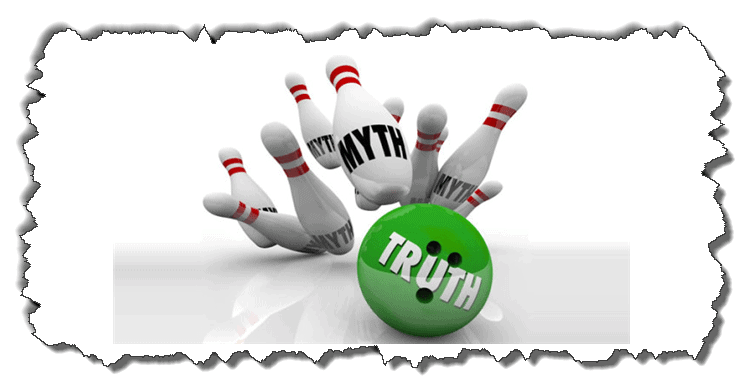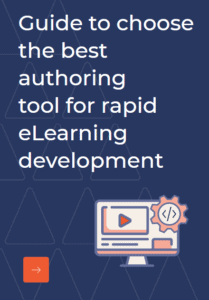How many times have you come across the phrase that, “Microlearning is for Millennials”? Let’s assume, more often than not, this is used as the catch-phrase for microlearning. Though the fact that Microlearning readily caters to the millennials, it also tends to deliver better learning experience for the tech-trained baby-boomers too.
The fact that millennials have lower span of attention did tend to increase the emphasis on microlearning. However, for making it an effective leaning delivery model for all, there are some technological gaps that may have to be filled. But essentially microlearning is for everyone.
According to a report titled - I managed it even with my distractible millennial brain, there are aspects that point out that microlearning is for all and not just for millennials. Here’s our interpretation of the same.
1. Sustained attention is about tech and media usage habits, not age.
It states that “While age is also correlated with these behaviors," the study reads, "it isn’t significantly tied to sustained attention.”
What works in such situations is ‘Reverse mentoring’. Organizations like PwC and many others have adapted this method and gained significant success. In this case, the technological know-how is passed to those in need by the millennials. This in turn tends to keep the millennials engaged. On the longer run too - interactions among peers tends to create a bond that is stronger and could be a good way to retain employees. And the best part - all employees are well equipped to undertake microlearning.
Reverse Mentoring also assists in polishing social skill, increasing cultural interactions, influences policy changes etc. amongst many other.
2. Habitual tech users can process information more efficiently.
According to the report, “Early adopters and heavy social media users front load their attention and have more intermittent bursts of high attention. They’re better at identifying what they want/don’t want to engage with and need less to process and commit things to memory.”
It is simple - once using technology becomes a habit, processing information and learning become a routine.
Microlearning is more about making learning an everyday process, and for this using the devices as a part of learning is essential. No matter what age group the learner comes from, once technology is easily available and accessible microlearning can be efficiently used across any organization.
Microlearning for Millennials is a myth. The truth is that microlearning is for all, and can be effective enough only when all the learners in question are well versed with usage of devices for their individual benefit. This makes microlearning more independent, and brings more personalization into learning too.
What do you thing about this? Do share your Opinions.
References:



